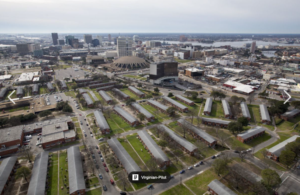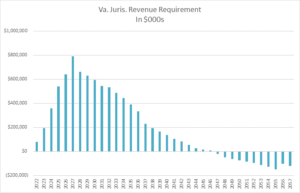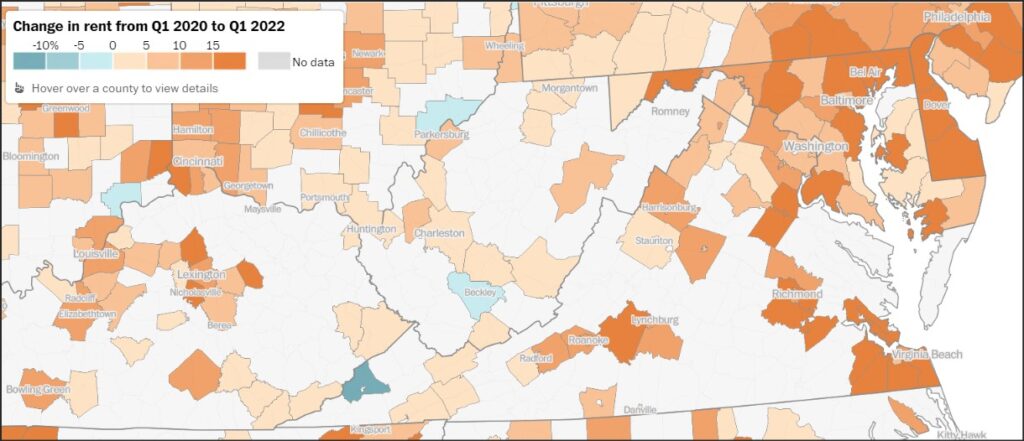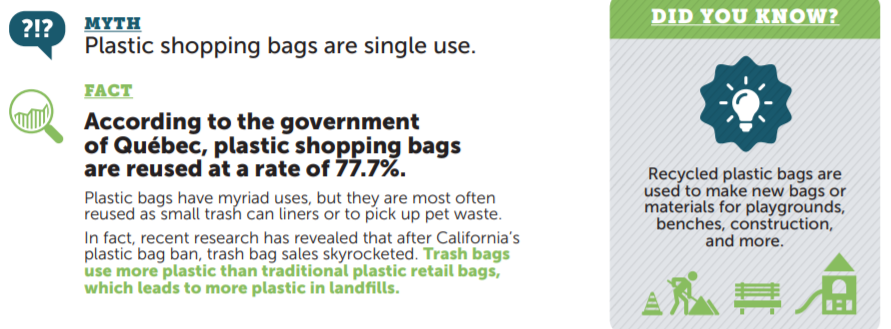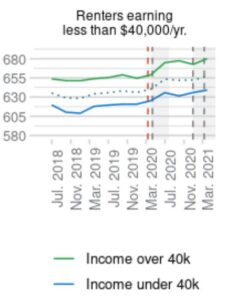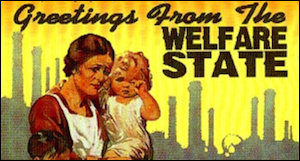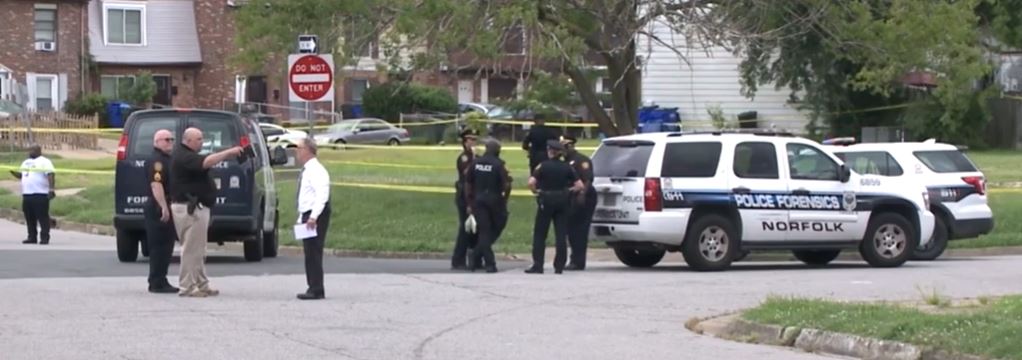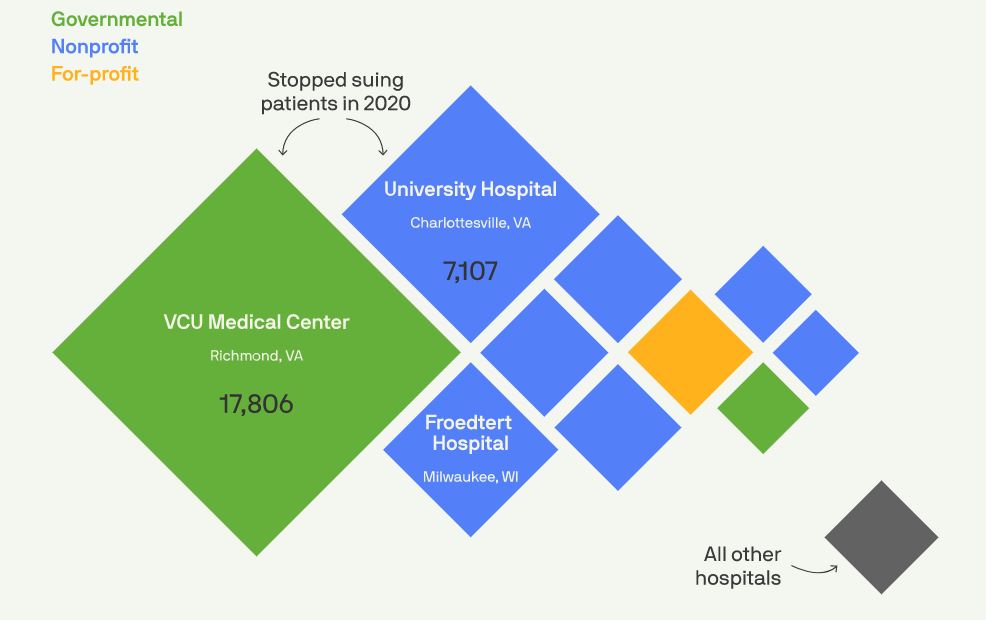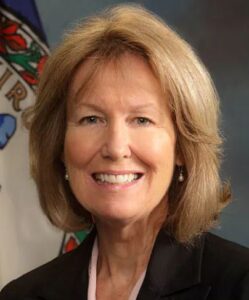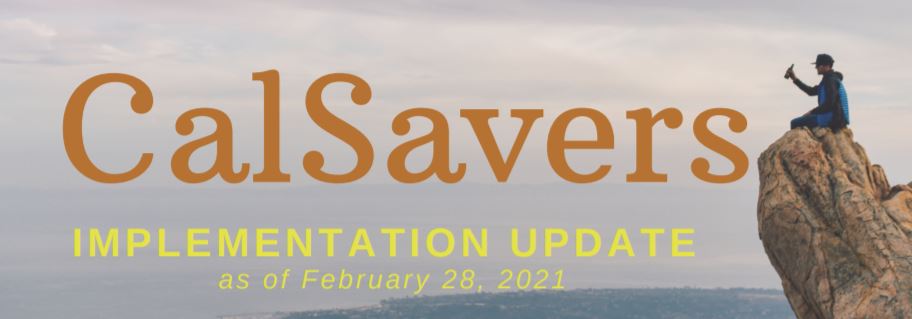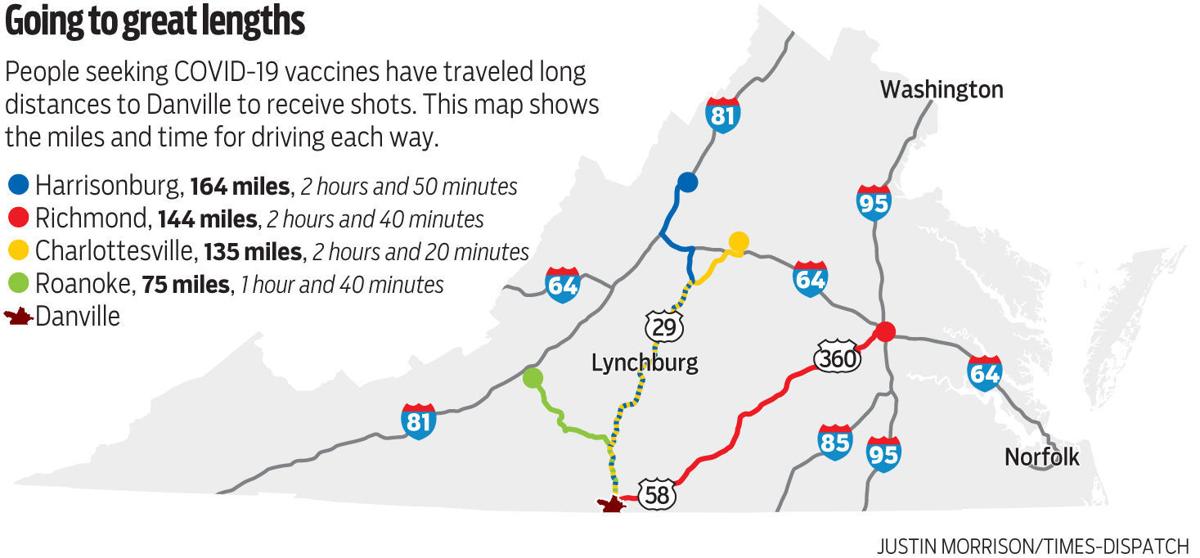
Bridgett Bywater, the new GM at Kings Dominion.
by James A. Bacon
Virginia’s $9.50-per-hour minimum wage will go into effect May 1, but it won’t have much impact on King’s Dominion, which expects to hire more than 2,000 seasonal workers, mostly young people, this season. The Hanover County amusement park plans to boost its minimum wage to $13 per hour, reports Virginia Business. The enterprise also is hiring 80 new full-time positions with wages and benefits starting at $16 an hour in culinary and operations roles.
Hopefully, the flap over the minimum wage in Virginia will prove to be much ado about nothing, as market forces in a fast-recovering economy push up wages faster than the General Assembly can jack up the minimum. In 2017, according to the Bureau of Labor Statistics, 70,000 of Virginia’s 1,978,000 workers were paid the $7.50 minimum wage. Presumably, a significant number more were paid less than $9.50 and will benefit from the wage increase. That’s the up-side of the mandated wage boost.
What we don’t know is how many workers will lose their jobs as employers decide they don’t add enough value to the enterprise to justify the higher wage, or, in the longer run, invest in automation. Bacon’s Rebellion will stay alert for signs of how the minimum is impacting “marginalized” employees, such as minorities, teenagers, and rural workers. Continue reading →
